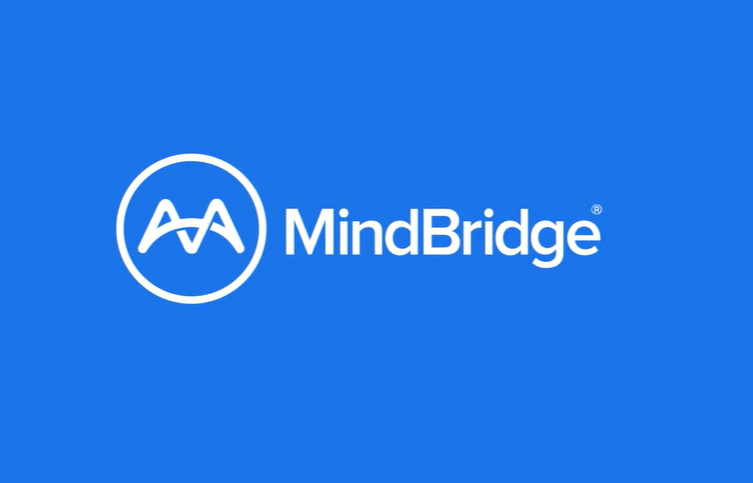New research finds a strong correlation between increased levels of distraction, decreased productivity, and a lack of proper training at work. That’s according to “Udemy In Depth: 2018 Workplace Distraction Report,” from Udemy, a marketplace for learning and teaching online.
Workers want training but are reluctant to ask for it
Though 69% of full-time employees surveyed report being distracted at work and 70% agree that training could help them learn to focus and manage their time better, 66% have never brought this up to their managers. Younger workers, in particular, are also having trouble balancing work and personal activities on devices they use for both; 78% of millennials/Gen Z say using technology for personal activity is more distracting than work-related tools like email and chat.
Soft skills training on topics ranging from productivity hacks to time management, combined with training on how to use communication tools efficiently, can help employees stay focused and engaged.
- 42% say feeling empowered to learn new skills would make them more engaged
- 40% think that flexible/remote work options can reduce workplace distraction
- 52% say they are more productive when working remotely
“It’s shocking that 54% of employees attribute their underperformance to workplace distractions, but it’s also clear that companies have the power to change that statistic by investing in training. By embracing a learning culture and prioritizing training and development, businesses can help develop employees that keep up with nonstop technology and are competitive, competent, and engaged,” says Darren Shimkus, general manager for Udemy for Business, a curated learning platform that helps enterprises continuously upskill their workforce and foster a culture of learning. The platform has 2,400+ high-quality courses taught by the world’s leading experts that cover a wide range of topics from programming and design to leadership and stress management.
Workers can’t resist the pull of social media
The top sources of employee distraction include: chatty coworkers (80%), office noise (70%), feeling overwhelmed by changes at work (61%), and social media (56%). Meetings, too, were cited as a source of distraction by 60%, and meetings themselves are then disrupted by distractions like small talk and office gossip.
Most survey respondents (58%) said they don’t need social media to do their jobs, but they still can’t make it through the day without it. When asked to rank various social media sites and communication tools by degree of distraction, Facebook came in first (65%), followed distantly by Instagram (9%), Snapchat (7%), and Twitter (7%).
In addition to recognizing how workplace distraction can hurt productivity and diminish quality of work, companies need to be aware of the very real damage to employee morale and retention. Among millennials and Gen Z, 22% feel distractions prevent them from reaching their full potential and advancing in their careers, and overall, 34% say they like their jobs less as a result.
When people are engaged, they report being more motivated, confident, and happy, and feel they deliver higher quality work. And, based on our survey, opportunities around learning and development are the top drivers of engagement.
Thanks for reading CPA Practice Advisor!
Subscribe Already registered? Log In
Need more information? Read the FAQs




